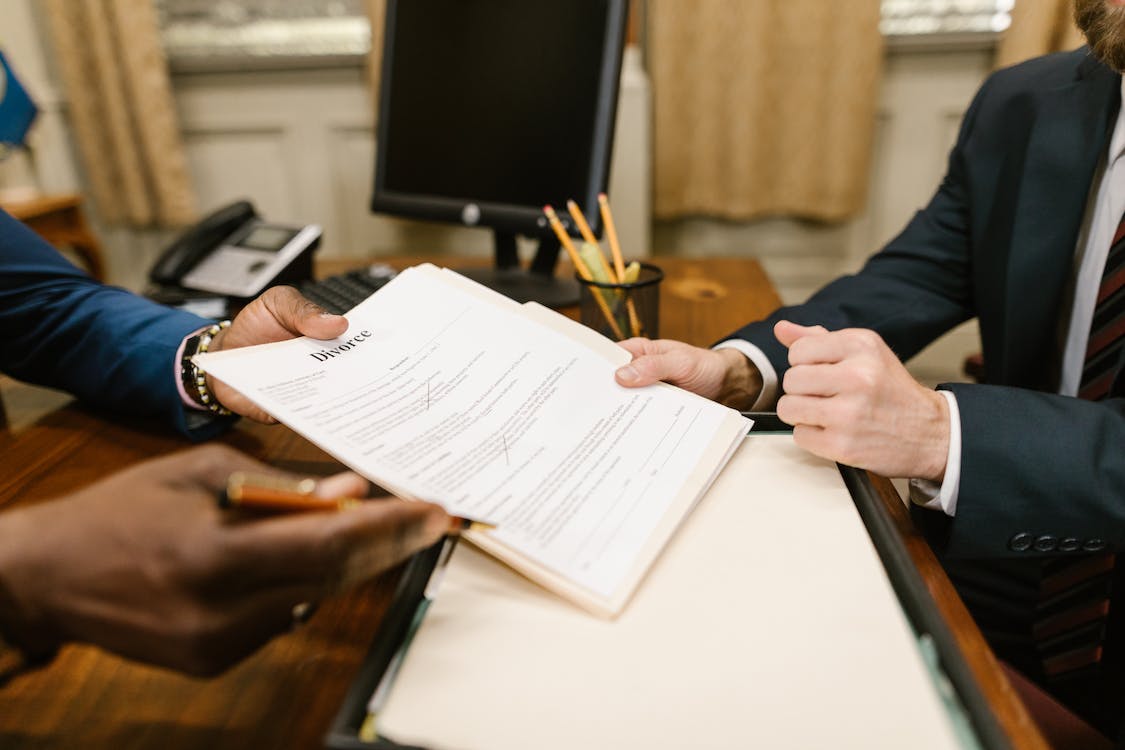When a marriage breaks down, it is not only emotionally distressing for both parties but also involves a lot of practical considerations. One of the most significant concerns for many couples going through a divorce is how they will financially support themselves after the split. One method is spousal maintenance.
What is Spousal Maintenance?
Spousal maintenance is financial support provided by one spouse to another after a divorce or separation. It is intended to ensure that the recipient spouse can maintain a reasonable living standard after the divorce. Spousal maintenance can be paid regularly or as a lump sum, and the amount and duration of the payments will depend on the circumstances of the case.
Factors Considered When Determining Spousal Maintenance
When deciding whether to award spousal maintenance, the court will consider a range of factors, including:
- The income, earning capacity, property, and other financial resources that each spouse has or is likely to have in the foreseeable future
- The financial needs, obligations, and responsibilities that each spouse has or is likely to have in the foreseeable future
- The standard of living enjoyed by the family before the breakdown of the marriage
- The age of each spouse and the duration of the marriage
- Any physical or mental disability of either spouse
- The contributions that each spouse has made or is likely to make to the welfare of the family, including any contribution by looking after the home or caring for the family
Types of Spousal Maintenance
Three major types of spousal maintenance can be awarded in the UK. They are the following.
Transitional Maintenance
Transitional maintenance is awarded for a short period, usually to allow the recipient spouse time to adjust to their new financial situation after the divorce. It is designed to provide financial support to the recipient spouse while they acquire the necessary skills or training to become self-sufficient. Transitional maintenance can be awarded for up to three years, depending on the circumstances of the case.
Maintenance Pending Suit
Maintenance pending suit is awarded to help cover the costs of the legal proceedings while they are on-going. It is intended to provide financial support to the recipient’s spouse while waiting for the court to decide about the final settlement. Maintenance pending suit is often awarded at the start of the divorce proceedings to ensure the recipient spouse has the financial means to cover their legal expenses.
Permanent Maintenance
Permanent maintenance is awarded when the recipient spouse cannot support themselves financially and the marriage was long-term. It is designed to provide financial support to the recipient spouse indefinitely or until they can become self-sufficient. Permanent maintenance is often awarded in cases where the recipient spouse has a low earning capacity or is unable to work due to health reasons.
Spousal Maintenance and Child Support
It is worth noting that spousal maintenance is separate from child support payments intended to cover the costs of raising children from the marriage. Sometimes, spousal maintenance may be reduced if the recipient spouse receives child support payments.
Final Thoughts
Spousal maintenance is an essential aspect of divorce settlements in the UK. It is intended to ensure that the recipient spouse can maintain a reasonable living standard after the divorce. The amount and duration of the payments will depend on various factors.
If you are going through a divorce and need guidance on spousal maintenance, it is advisable to seek legal advice from a family law solicitor.




